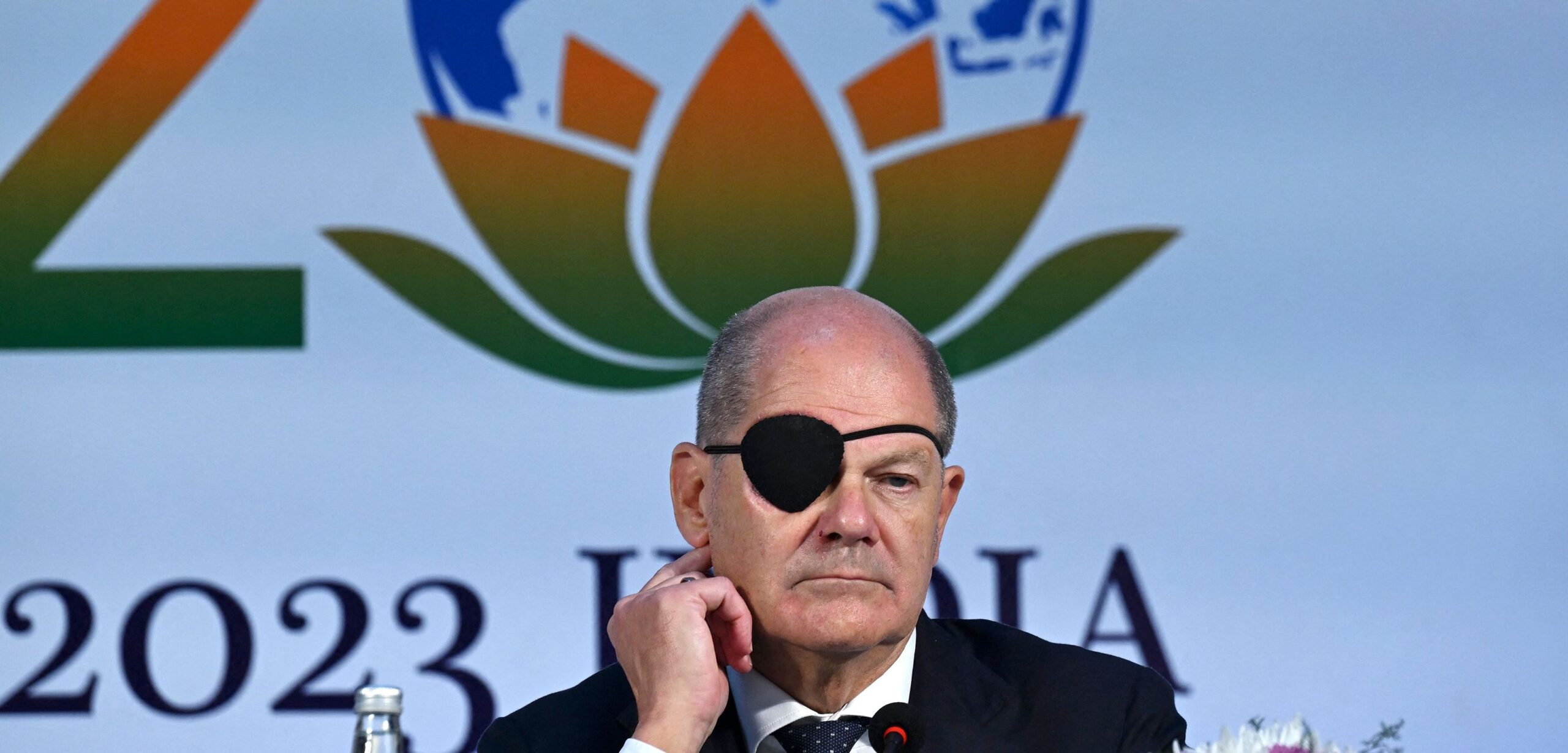This week, the European Commission announced that it had cut its 2023 growth outlook for the Eurozone from 1.1% to 0.8%. The commission also identified the main reason for the not entirely unexpected downgrade: Germany, the bloc’s largest and most important economy, is running out of steam. The sentiment among industry leaders in Berlin has not yet reached a full-blown panic, but it is moving in that direction: business activity has declined at a pace last seen in 2020, and 43.4% of companies are considering moving production capacities abroad.
Unfortunately for Europe, if the German economy is spiralling downwards it is only a matter of time before it drags the rest down with it. What makes the situation especially frustrating, however, is that in many ways this development is self-inflicted. German (and European) companies have made it abundantly clear that high energy prices are a major factor in their cuts to productivity, and that from an economic perspective the “energy transition” has been a disaster for competitiveness. The pessimism of producers is now bleeding through to consumers, and the numbers show that since 2019 private consumption in Germany has been stagnant, with government spending serving as the most important engine of the little growth there is.
The energy-intensive industry is in a state of free fall, with industrial activity now falling below Covid-era levels. Evidently, a global pandemic is less of a problem than entirely misguided energy policies, such as decarbonisation and a hasty shift to renewable energy. Environmentalists have been celebrating the growing share of renewables in electricity production, but this “success” comes at an increasingly high price. With the energy-intensive industries collapsing, overall electricity and energy consumption is declining, which has been partially satisfied by wind and solar. But reduced energy demand also means less economic activity and ultimately less prosperity — something that is taking place in real time right now. Perhaps inevitably, the middle class has started to contract as a result.
All of this is having political consequences as well, and the AfD is on the brink of winning its first mayoral election, while the far-Right is on the march all over Europe. As Bloomberg reports, former fringe parties now place among the top three most popular political groups in almost half of the 27-member EU. Given that the Eurozone has not yet fully entered a recession, the situation still has room to deteriorate further. If the current leadership in Brussels wants to avoid a Right-wing wave in next year’s European Parliament election, it should start to persuade Berlin to abandon its current, suicidal economic policies. It is these plans which threaten to pull the entire EU into a prolonged economic downturn.











Join the discussion
Join like minded readers that support our journalism by becoming a paid subscriber
To join the discussion in the comments, become a paid subscriber.
Join like minded readers that support our journalism, read unlimited articles and enjoy other subscriber-only benefits.
Subscribe